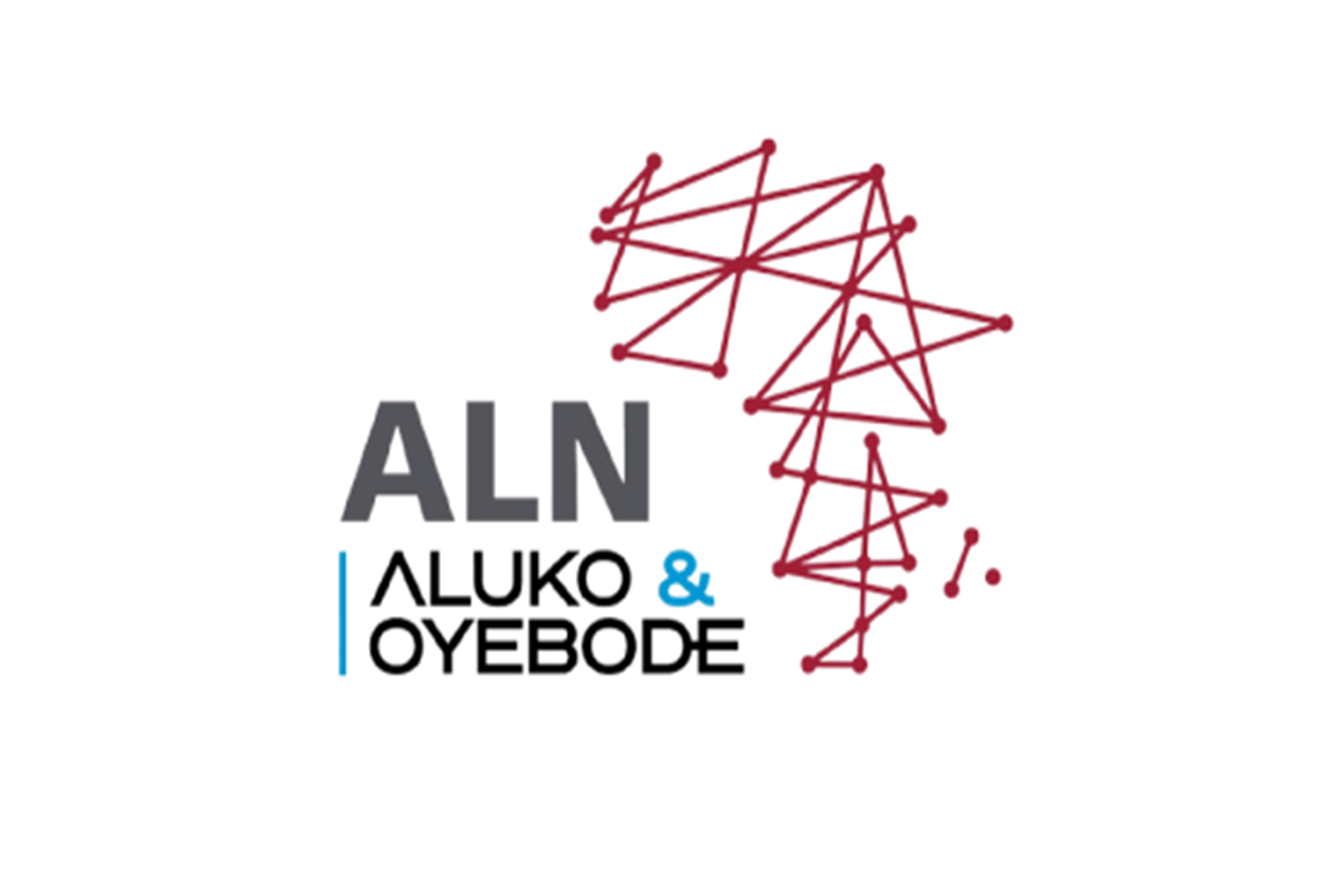The Story.
G.T.B. Plc v. Noble [2019] 14 NWLR (Pt. 1693) 389.
Pastor R. C. Noble and Ribeh Eucharia Nneka (“the Respondents”) were customers of Guaranty Trust Bank Plc, Nnewi branch (“the Appellant” or “the Bank”). They originally placed the sum of N26.5 Million in a fixed deposit with the Bank. As agreed by the parties, the Bank paid monthly interest on the fixed deposit which was rolled over several times. Subsequently, the Respondents withdrew part of the amount in the fixed deposit, leaving a balance of about N15 Million.
It happened that a certain company, St. Hilary Trans Global Nig. Ltd, and Ikechukwu Godwin Okolo (“the Borrowers”) took a loan from the Bank. The Branch Manager of the Bank approached and begged the Respondents to use their fixed deposit as security for the loan to the Borrowers. Although the Borrowers were unknown to the Respondents, the Respondents agreed on the condition that they will be indemnified by the Bank.
Available evidence accepted by the Court was that the said Branch Manager had also executed a letter of indemnity exonerating the Respondents from any liability arising from the refusal and/or default of the Borrowers whose loans were secured with the Respondents’ fixed deposit.
Upon alleged default by the Borrowers, the Bank sought to use the funds in the fixed deposit belonging to the Respondents to pay off the debt of about N13 Million. Thus, when the Respondents later sought to withdraw the remaining sum of N15 Million plus the accrued interest, the Bank was not forthcoming in releasing the amount to them in spite of repeated demands.
Legal Battle
Aggrieved, the Respondents filed an action in Court claiming amongst others, breach of contract and a refund of their fixed deposit and accrued interest. They succeeded. The Bank appealed.
On appeal, the Bank argued that the Branch Manager who gave the indemnity in favour of the Respondents lacked the power to do so. In effect, it is only the Board of Directors of the Bank that has the authority to give such indemnity to any person for any reason whatsoever. In other words, the Bank sought to deny its Branch Manager, as it launched serious attack on the indemnity.
The Court of Appeal vowed not to allow such arguments see the light of day. Iyizoba, JCA was unequivocal:
“Learned counsel for the Appellant had further submitted that it is only the Board of Directors of the Appellant that has the authority to give such indemnity to any person for any reason whatsoever. The Appellant’s arguments on these grounds are with respect misconceived. I agree with the submissions of Learned Counsel for the Respondents that a company, such as a bank, being a juristic person can only act or function through its staff, agents and or servants as held in FIRST BANK OF NIGERIA PLC V. TSOKWA (SUPRA). A company can be held liable for the actions of its officers and such officers need not be directors but those who enjoy formally delegated authority over some aspects of the company’s business on the basis that such actions are those of the company itself.”
Her Ladyship also relied on Section 65 of the Companies and Allied Matters Act, 1990 which provides that any act of the members in General Meeting, the Board of Directors, or of a Managing Director while carrying on in the usual way the business of the company, shall be treated as the act of the company itself.
One of the provisos to Section 65 clearly states a company may be excused from liability if a person seeking to rely on the Section had actual knowledge at the time of the transaction in question that the General Meeting, Board of Directors, or Managing Director, as the case may be, had no power to act in the matter or had acted in an irregular manner or if, having regard to his position with, or relationship to the company, he ought to have known of the absence of such power or of the irregularity.
The Branch Manager in question is not the Managing Director of the Bank. Notwithstanding, Iyizoba, JCA held:
“The parties are ad idem that Okechukwu Okeke, who signed the Letter of Indemnity (Exhibit P4) was the Branch Head/Manager of the Appellant. The law is that an agent of a disclosed principal is not ordinarily personally liable on a contract he enters on behalf of the said principal… Being the agent of a disclosed principal, Okechukwu Okeke, the Branch Head/Manager is not personally liable on a contract he entered into on behalf of his principal. The contention in the Appellant’s Brief that it is only the Board of Directors of the Appellant that has the authority to give such indemnity to any person for any reason whatsoever is, in view of Section 65 of the Companies and Allied Matters Act, misconceived. As shown in the relevant Section and as submitted in the Respondents’ Brief, the burden rests on the Appellant to adduce evidence that it is only the Board of Directors that has authority to give such indemnity and that the Respondents were aware of the position. In the absence of such evidence, the lower Court was right in rejecting the ipsi dixit averment in paragraph 9 of the Amended Statement of Defence.”
The Court of Appeal upheld the Judgment of Anyachebelu, J. of the High Court of Anambra State, Nnewi.
Fair enough, reputable financial institutions like Guaranty Trust Bank Plc may not ordinarily sanction the conduct of its Branch Manager in this case. But the law takes the conduct of those in position in any company seriously. So too, the conduct of agents working for disclosed principal (whether individual or company), as seen above. This is to safeguard the public from any undue act of passing the buck in order to avoid liability.
Further insights
It was Prof. Emeka Chianu who explained that most prudent lenders, having realized the precariousness of a bare promise by a borrower to repay money lent, insists on “something” to assure them that on the borrower’s default they would not have lost their investment. That assurance is in the form of security/collateral.*
Nonetheless, certain credit transactions (like the one in the instant case) often thrive on some level of trust and assurances that the loan would be repaid in due time. The borrower may not even have any form of security/collateral. Thus, in expression of willingness and readiness to advance the loan, the Bank may move to take steps, for the sake of formality, to show that the loan was duly secured and their books capture it accordingly. Otherwise, how do one explain the chain of transaction that played out – you gave out a loan, got security from a third party for the loan, and then issued an indemnity to the third party that the security is safe in the event of default by the borrower. The security, such as the fixed deposit in the instant case, was nothing but a mere cosmetic embellishment to the loan transaction.
Thankfully, the Court of Appeal stepped up to stop the apparent trick played on the Respondents in this case. The Respondents are also commended for their smart move by demanding for the indemnity which appeared to have saved the day. But certainly, no credit goes for their recklessness in standing in for persons unknown to them.
Nevertheless, the lessons are clear. In order to avoid troubles, customers transacting certain business with a bank/company should insist on written board approval. As stated by the Court, if it was proved that the customer such as the Respondents had knowledge that the Branch Manager for instance lacked the powers to bind the Bank in the transaction, that would have been a different ball game. The risk is that certain circumstances are capable of sticking a customer with knowledge.
Aside from the foregoing, the instant case adds to the literature on Law of Secured Credit Transactions. We saw how funds in a fixed deposit was used as a form of security for the credit transaction in question. Interestingly, the said funds belong to third parties (the Respondents) other than the borrowers. The Respondents never knew the borrowers. This expresses the beauty in the flexibility of secured transactions, making credit more available. The use of credit facilities is a nearly indispensable tool for the enhancement of business activities. As Prof. Smith captured it:
“Commerce and investment are the lifeblood of any economy. Financing these major economic activities requires the use of credit facilities by individual entrepreneurs, corporate entities, small and large-scale industries and multinationals many of whom source capital largely from borrowing. Banks and other financial institutions provide the tonic for the vigorous commercial activities through lending. The provision of credit facilities is an investment for banking and a method of financial undertaking which propels economic growth”.**
In providing this tonic for commercial activities through lending, and in pursuing investment, banks must exercise some caution to avoid the kind of scenario that played out in the case under review. This will go a long way in maintaining public confidence in our financial institutions.
*Emeka Chianu, Law of Securities for Bank Advances (Mortgage of Land), 2nd ed., (Ambik Press: Benin, 2004) p.1.
**I. O. Smith, Nigerian Law of Secured Credit, (Ecowatch Publications: Lagos, 2001) p. 1.
Featured Image Credit: WikiHow














